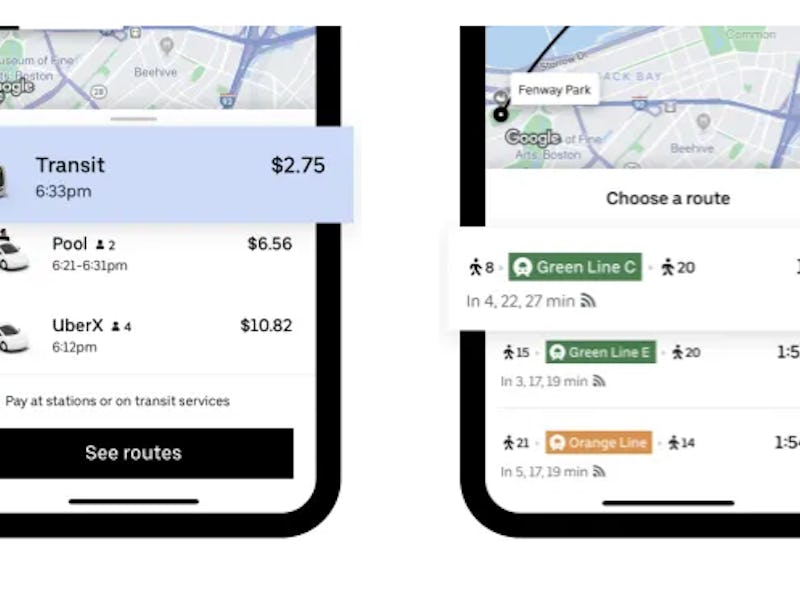Culture
Seattle and Uber have partnered to offer public transit options
It’s part of Uber’s ongoing efforts to integrate itself with city transit systems.

If you're in Seattle, you might be able to ride a bus, train, or ferry through Uber now that the company struck a deal with Seattle transportation agencies. It's the 14th region that Uber has tackled and according to the company, 25 percent of Seattle Uber users can try the option. Check your app for the "transit" tab alongside other rides and you might be able to see arrivals, departures, and stations in real-time.
A ride-hailing app behind buses and trains — Perhaps in an attempt to soothe any public apprehension over Uber's expansion, the company's CEO Dara Khosrowshahi officially stated, "We share many of the same goals as the cities we serve: reducing individual car ownership, expanding transportation access, and helping governments plan transportation."
Previously, Uber published a full guide on partnering with the company to create supposedly greener transit systems in different cities. It insists that by doing so, your city will have increased public ridership, lower operating costs since Uber would rely on existing networks, ticketing via the mobile app, and better accessibility for all riders, including those who need service animals or require wheelchairs for mobility.
Local municipalities are worried, though — While these goals sound like they’re driven by a sense of egalitarianism, Uber hasn’t exactly received an enthusiastic response so far.
Metropolitan transit analysts worry that a partnership between a city government and a ride-sharing app company could compromise public transit infrastructure, ridership privacy, and discourage locals from using these transit options. It also doesn't help that Uber has voiced plans to replace public transportation altogether. For city governments, the company’s disruption plan makes it sounds less like an ally and more like a rival.
Still, with the company integrating public rides in Seattle, it looks like some officials are ready to give Uber a chance. If the company and city governments can strike an equitable agreement in which citizen ridership is not compromised, fare is affordable, and fiscal infrastructure is bolstered in favor of the public, not private companies, maybe it’s not such a bad idea after all.